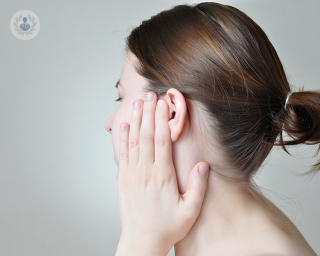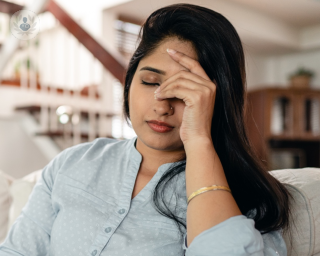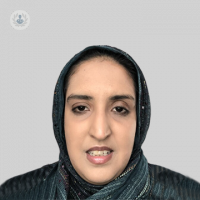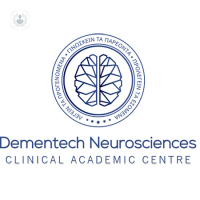Chronic headache
What is a chronic headache?
Chronic headaches, also known as chronic daily headaches, are headaches experienced 15 or more days each month for more than three months duration. Chronic headaches can be different types of headache subtypes, including migraines, tension headaches and hemicrania continua headaches.

Prognosis
Due to the consistency of having headaches, chronic headaches can be very disabling, requiring lots of time taken off work and responsibilities. Having chronic headaches is also likely to increase the risk of certain mental health problems, such as depression, anxiety and sleep problems.
If the headaches are caused by an underlying condition, treatment of this should relieve the headaches. However, if there is no underlying condition, treatment focuses on relieving pain.
Symptoms of chronic headaches
Chronic daily headaches occur for 15 or more days each month for at least three months in duration. You may experience short-lasting or long-lasting headaches. Each subtype of headache has their own set of symptoms.
- Pain that feels like pressing or tightening
- Affects each side of the head
- Pain is mild to moderate
- Pain is pulsating or throbbing in nature
- Pain can be moderate to severe
- Affects one or both sides of the head
- May cause sensitivity to light, nausea or vomiting
Hemicrania continua:
- Affects one side of the head
- Continuous pain with no pain-free periods
- Nasal congestion
- Drooping eyelid
- Redness or tearing in the eye of the affected side
- Pain is moderate with spikes of more severe pain
Medical tests to diagnose chronic headaches
In order to understand the cause behind your chronic headaches, a doctor will likely perform a CT or an MRI scan. They will also take a detailed history of your headaches and your general medical history.
What are the causes of chronic headaches?
Primary chronic daily headaches do not have an underlying condition.
Non-primary chronic daily headaches can have underlying causes, including:
- Infection (e.g. meningitis)
- Brain tumour
- Traumatic brain injury
- Intracranial pressure imbalance
- Vascular inflammation around the brain
- Stroke
Having frequent headaches is also more commonly associated with:
- Obesity
- Females
- Depression
- Sleep problems
- Anxiety
- Overuse of caffeine or pain medication
Can chronic headaches be prevented?
The following measures can help to avoid chronic headaches:
- Have enough sleep
- Avoid overuse of painkillers
- Exercise regularly
- Reduce caffeine intake
- Avoid skipping meals
- Manage stress
Treatments for chronic headaches
Treatment focuses on relieving pain if there is no underlying condition to treat. This may include:
- NSAIDs (nonsteroidal anti-inflammatory drugs)
- Beta blockers – used to treat migraines
- Anti-seizure medication – can treat migraines and chronic daily headaches
- Antidepressants – tricyclic medications are shown to help reduce pain from chronic headaches, and treat accompanying depression or anxiety.
- Botulinum toxin – injections of Botox™ can help to relieve pain from daily headaches for some people.
Which type of specialist treats chronic headaches?
Chronic headaches are treated by a range of specialists, depending on their cause. They may be treated by neurologists, psychiatrists or pain management specialists.
















